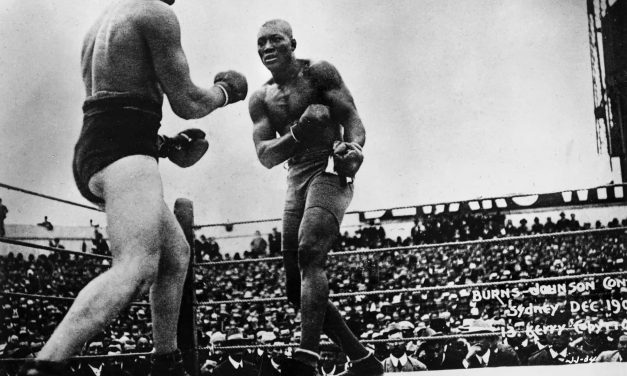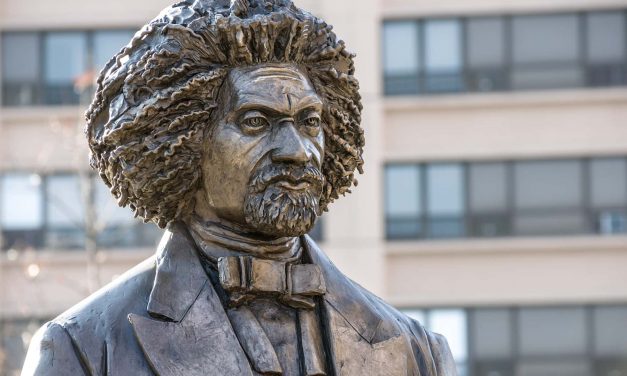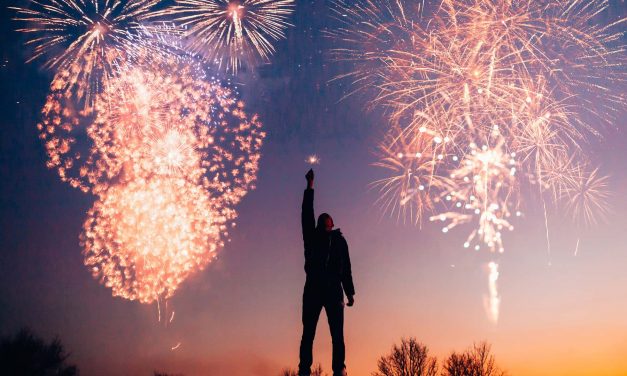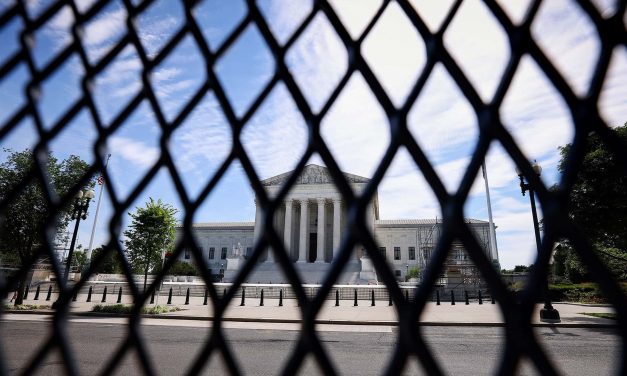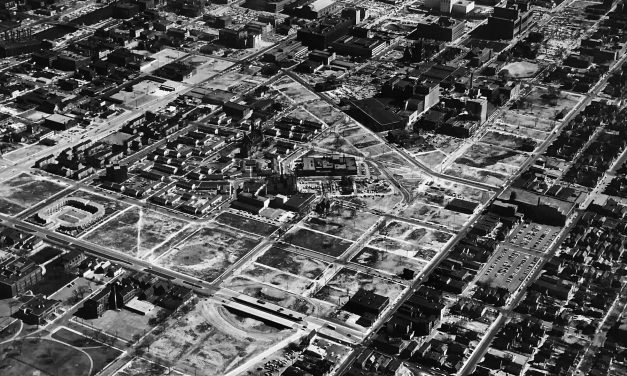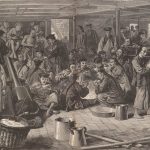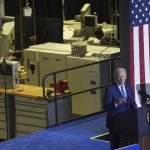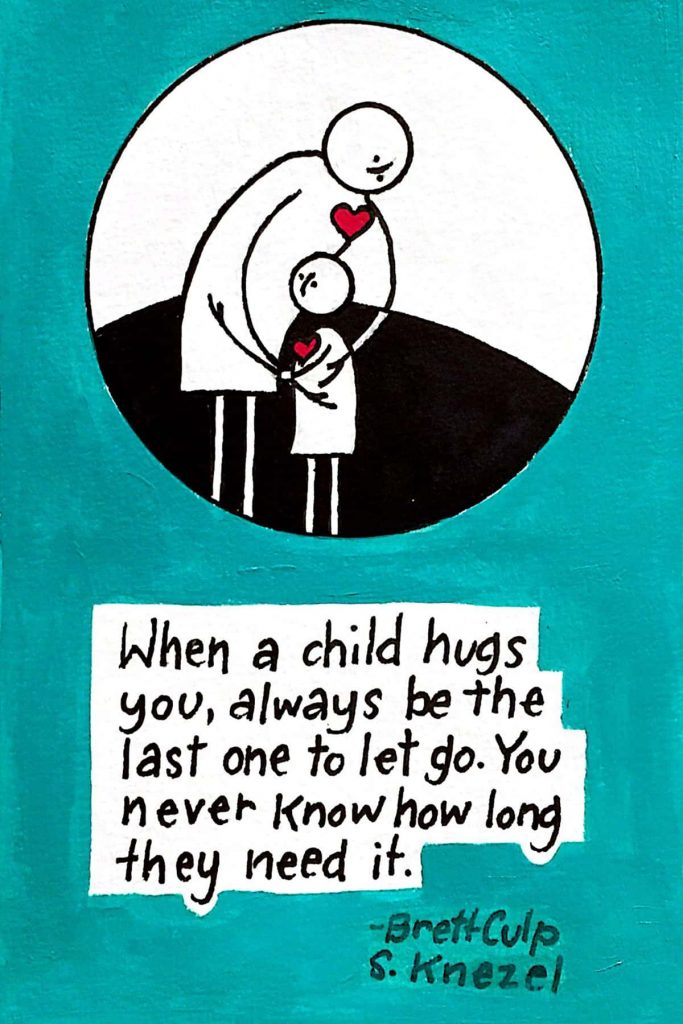Un-social Distancing: Why our brains need time to process reconnecting with other people after COVID
By Kareem Clark, Postdoctoral Associate in Neuroscience, Virginia Tech With COVID-19 vaccines working and restrictions lifting across the country, it is finally time for those now vaccinated who have been hunkered down at home to ditch the sweatpants and reemerge from their Netflix caves. But your brain may not be so eager to dive back into your former social life. Social distancing measures proved essential for slowing COVID-19’s spread worldwide – preventing upward of an estimated 500 million cases. But, while necessary, 15 months away from each other has taken a toll on people’s mental health. In a national...
Read More

